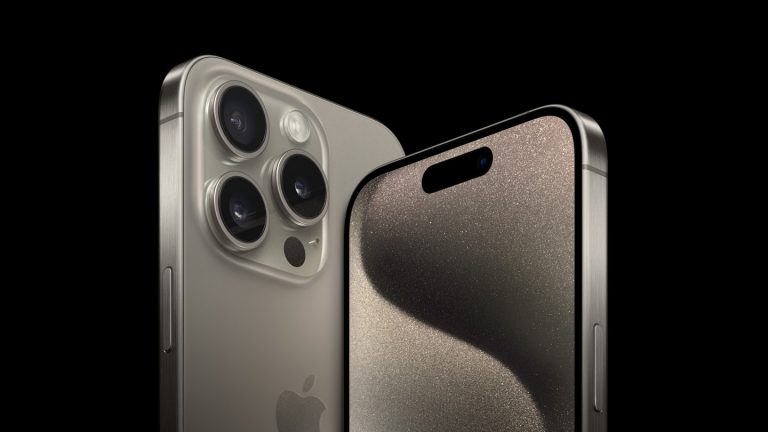
Apple has slipped out of the top five smartphone vendors in China for the second quarter of 2024, a clear indication of the increasing dominance of domestic brands in the world’s largest smartphone market.
According to a recent report by Canalys, Apple’s market share in China dropped to 14%, down from 15% in the first quarter and 16% during the same period last year. This decline saw the Cupertino giant, once the third-largest vendor in China, fall to the sixth spot with approximately 9.7 million units shipped.
The Canalys report highlights that this is the first time in history that local Chinese brands have occupied all the top five positions.
Register for Tekedia Mini-MBA edition 17 (June 9 – Sept 6, 2025) today for early bird discounts. Do annual for access to Blucera.com.
Tekedia AI in Business Masterclass opens registrations.
Join Tekedia Capital Syndicate and co-invest in great global startups.
Register to become a better CEO or Director with Tekedia CEO & Director Program.
“It is the first quarter in history that domestic vendors dominate all the top five positions,” Lucas Zhong, a research analyst at Canalys, said.
This notable change underscores a broader trend where Chinese manufacturers are not only growing but are also increasingly capturing the high-end segment of the market traditionally dominated by international brands like Apple.
Leading the charge, Vivo reclaimed the top spot with a 19% market share, shipping 13.1 million units. This success was largely driven by strong sales during the “618” e-commerce festival, a significant shopping event in China. Oppo followed closely in second place, shipping 11.3 million units, buoyed by the launch of its new Reno 12 series.
Honor, a former subsidiary of Huawei, came in third with 10.7 million units, showing a 4% year-on-year growth. Huawei itself made a notable comeback, taking the fourth spot with a 15% market share and 10.6 million units shipped. This resurgence is attributed to the strong performance of its Mate 60 smartphone, which has helped the company regain ground in the competitive landscape.
Xiaomi rounded out the top five, boosted by the excitement surrounding its first electric vehicle, the SU7, alongside solid sales of its K70 and flagship 14 series smartphones.
The overall smartphone market in China saw a 10% growth year-on-year in the second quarter, with total shipments exceeding 70 million units. This growth has been propelled by the innovative strategies of Chinese brands, including a strong focus on high-end devices and the integration of cutting-edge technologies like generative AI, as seen in Honor’s latest offerings.
This trend is reshaping the competitive market, putting significant pressure on international players like Apple.
In an effort to counteract this pressure, Apple launched a substantial discount campaign in May, offering significant price cuts of up to 2,300 yuan ($318) on select iPhone models via its official Tmall store. This move was part of a broader strategy to solidify its position in the high-end market, where it faces increasing competition from local brands.
Apple has also been working to enhance its connection with Chinese consumers by tailoring marketing campaigns to local cultural events and festivals, building a stronger brand presence.
Additionally, the iPhone maker has been expanding its retail footprint in China, opening new stores in key cities to enhance visibility and provide more touchpoints for consumers. The company is also investing in its after-sales service network, offering extended warranties and faster repair services to improve customer satisfaction and loyalty.
Moreover, Apple is collaborating with local developers to create apps and services that cater specifically to the Chinese market, thereby enriching the user experience and fostering a loyal customer base.
Despite these efforts, Apple’s position in the Chinese market remains challenged. The company’s shipments have been declining since the first quarter, where they fell by 25% year-on-year to 10 million units. The second quarter’s sales decline suggests that even aggressive discounting and strategic market adaptations may not be enough to stem the tide against the rising tide of Chinese brands.
Apple has dropped out of the top five smartphone vendors in China as homegrown brands explode in popularity, The Wall Street Journal reports, citing new industry tracking data. Though overall smartphone sales are up 6% in the world’s largest smartphone market, Apple’s market share there has declined to 15.5%, from 17.4% a year ago. iPhone sales in China have been slipping since the turn of the year, thanks in part to government restrictions. Many of the Chinese brands have also been quick to incorporate AI into their phones — something Apple is still working on. (LinkedIn News)



